This assault on jury trials is a recipe for injustice
Labour’s plan to tackle the courts backlog will undermine our most fundamental rights.
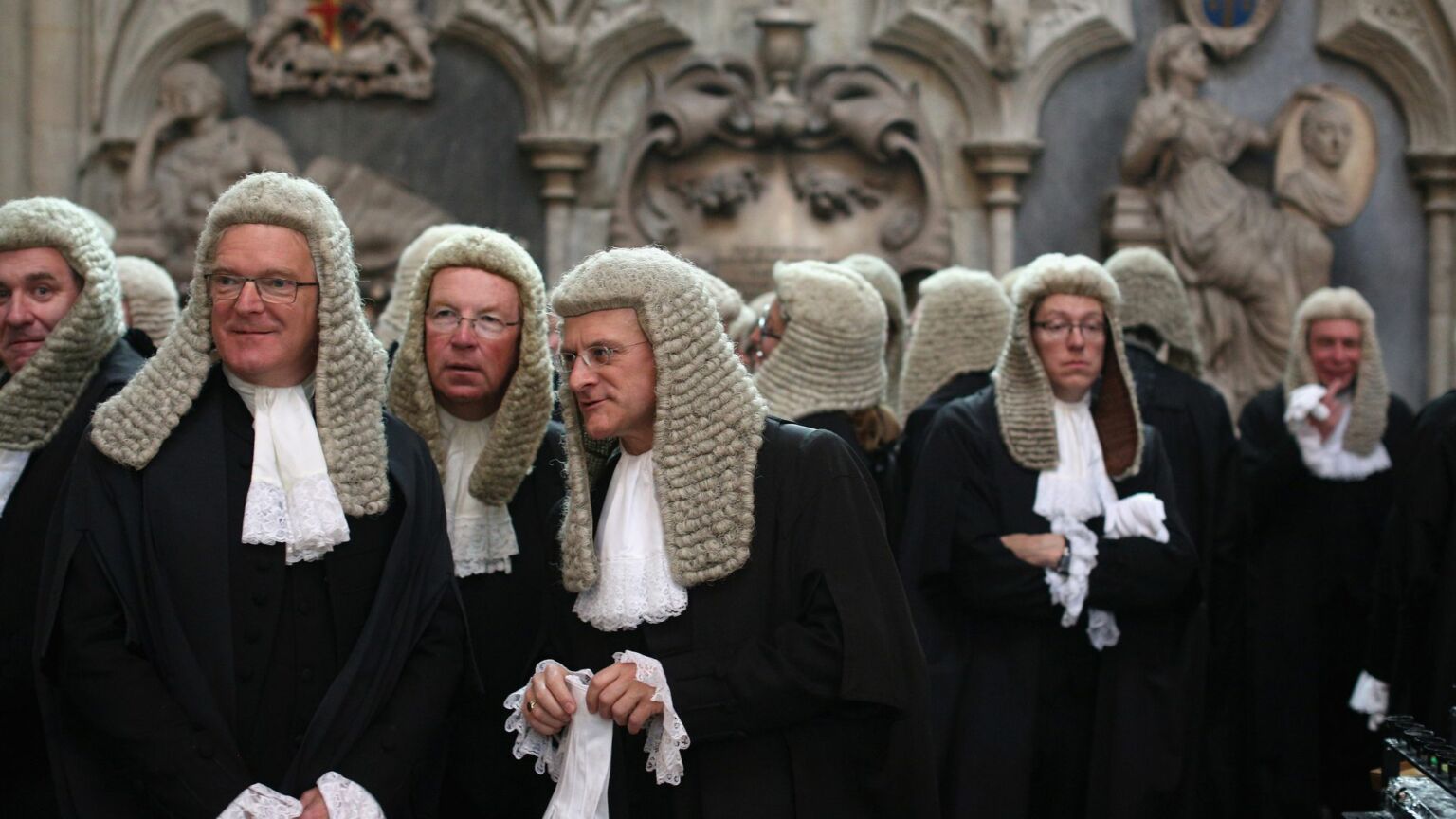
Want to read spiked ad-free? Become a spiked supporter.
Trial by jury has been a crucial principle in English common law for centuries. So much so that we consider the right to be judged by a jury of our peers one of our most fundamental, democratic rights.
Yet it seems that some among our elites would be only too happy to further limit jury trials. Earlier this week, Lord Thomas, former lord chief justice of England and Wales, said that the government should consider scrapping juries for some Crown Court trials to help tackle the court backlog, which could soon hit 100,000 cases. Without extra funding for the judicial system, he said he could see little alternative.
Alarmingly, it seems his proposals have already been embraced by the Labour government. Yesterday, the Ministry of Justice (MoJ) launched a review, led by Sir Brian Leveson, to look into the prospect of creating new ‘intermediate’ courts that would let judges try defendants who’d normally have the right to a jury trial. It’s as if juries have come to be seen as dispensable.
There is no doubt that the courts are under severe pressure. But there are plenty of other things the government could do without taking a hammer to a cornerstone of the justice system. It could remove the cap on the number of days Crown Courts are allowed to sit. In September, the MoJ told The Times that sitting days would be capped at 105,000 days this year. This is despite the fact that lady chief justice Baroness Carr recently told MPs that the Crown Courts have the capacity to sit for at least 113,000 days. She said that the policy of capping them below this is having a ‘drastic effect across the board’.
The government could also start tackling the causes of the case backlog. This would include tackling spiralling crime at source, better funding for legal aid and fixing the shortage of legal professionals. Doing all this, and relieving the pressure on the court system, will cost the government money. But if it doesn’t increase funding, then the public will have to bear the economic, social and emotional costs of a broken justice system.
Doing away with juries in certain cases might indeed reduce the case backlog in the short term. But it would do great damage in the long run to our basic freedoms, not to mention due process. Indeed, in jurisdictions where trial by jury is limited or non-existent, defence lawyers tend not to argue their defendants’ innocence. Instead, they accept their clients’ guilt and petition the state for a less stringent punishment.
It was Magna Carta in 1215 that established that no one could be punished without ‘the lawful judgment of his peers or by the law of the land’. This foundational principle has given rise to a jury system that is free of the potential tyranny of the inquisitorial processes common elsewhere in Europe. In these systems, state-picked judges are actively involved in investigating and then ruling on cases.
The jury system in Britain is very different. It has historically served as a check on the power of the crown and the state – even allowing monarchs themselves to be prosecuted. In this way, trial by jury enhances trust in the law. Instead of a single, possibly biased individual being granted sole authority over whether someone is innocent or guilty, a group of randomly selected citizens bring their diverse perspectives to bear on the facts of a given case. It makes for a justice system worthy of the name.
Getting rid of juries can only benefit the power of the state. Is it any wonder, as Mail on Sunday columnist Peter Hitchens notes, that one of the first things totalitarian regimes do when gaining power is to do away with juries? The right to a trial by one’s peers is just as important as the right to freedom of expression or religion. Our country would be a fundamentally less free place if it is watered down.
Reducing the number of jury trials would be deeply regressive. Justice ought to be done swiftly. But when serious crimes can be tried without a jury, that is no ‘justice’ at all.
Georgia L Gilholy is a freelance journalist living in London.
Picture by: Getty.
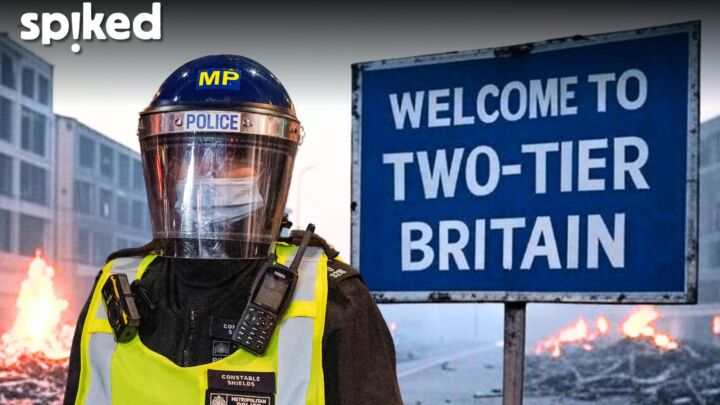



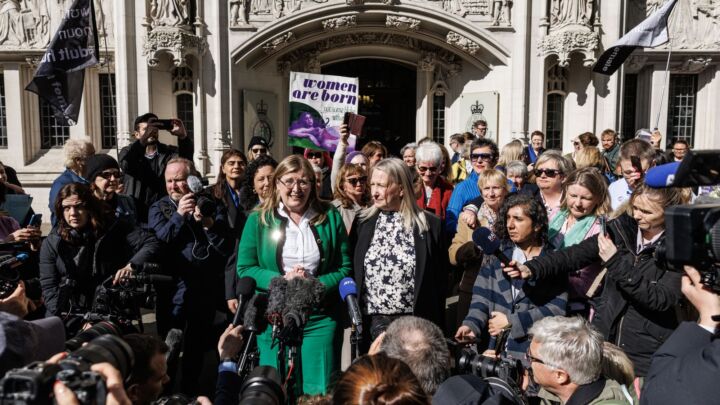


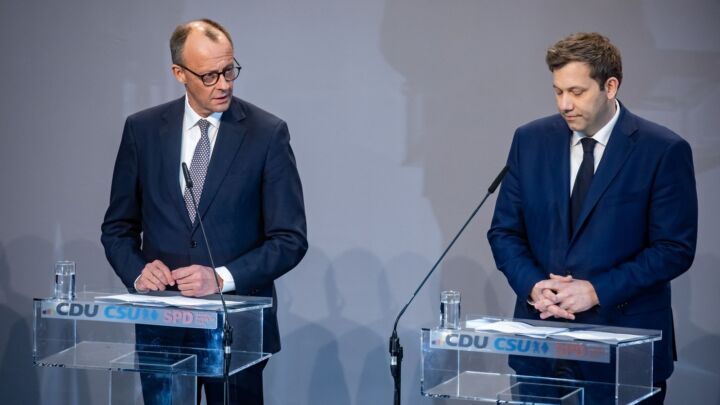
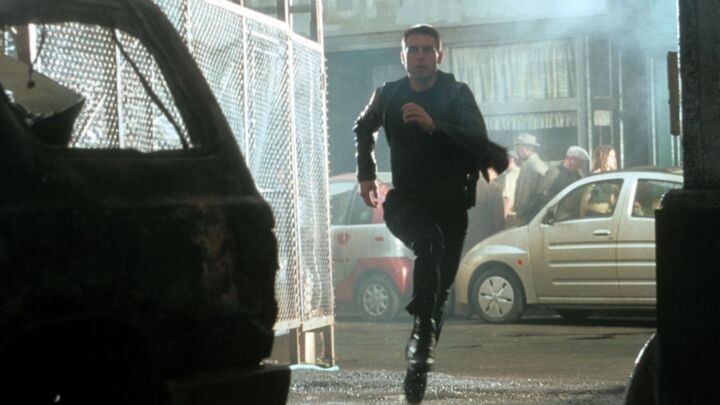
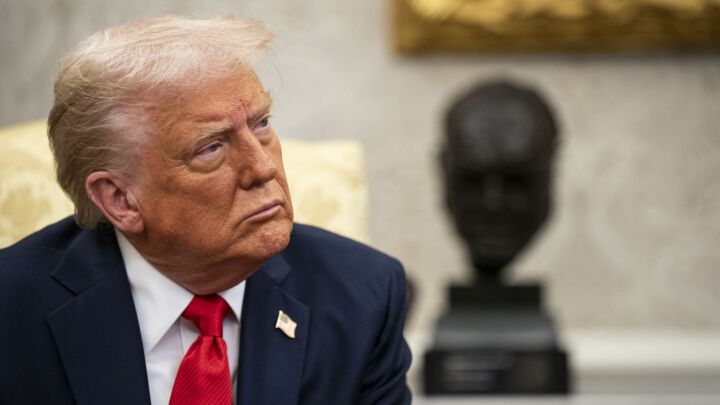

Comments
Want to join the conversation?
Only spiked supporters and patrons, who donate regularly to us, can comment on our articles.